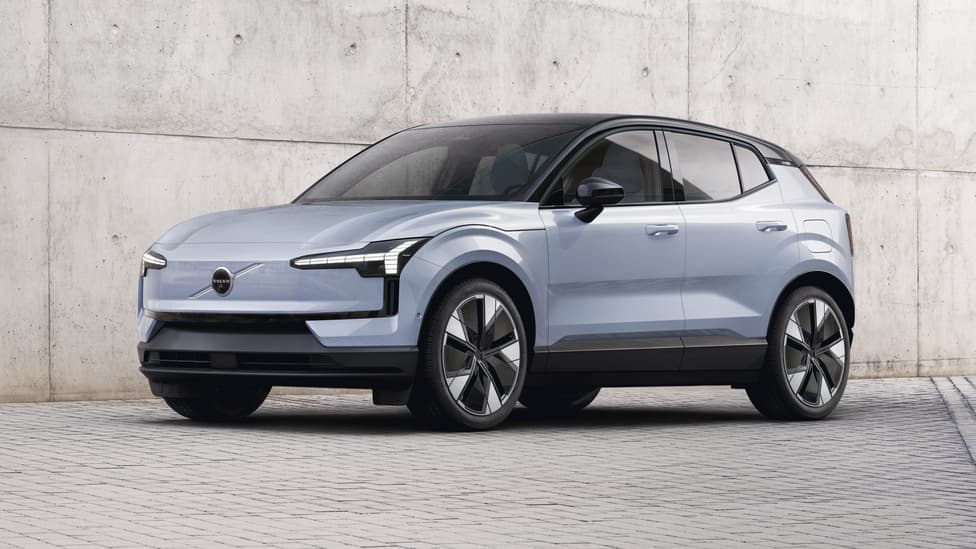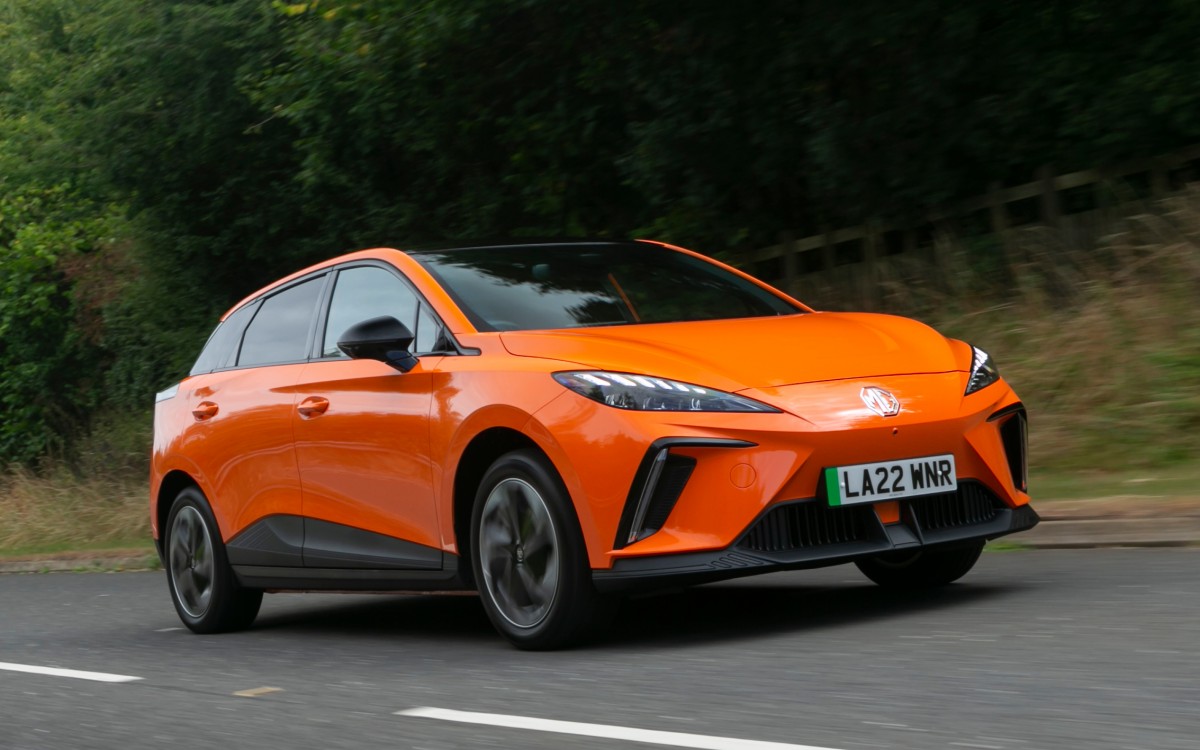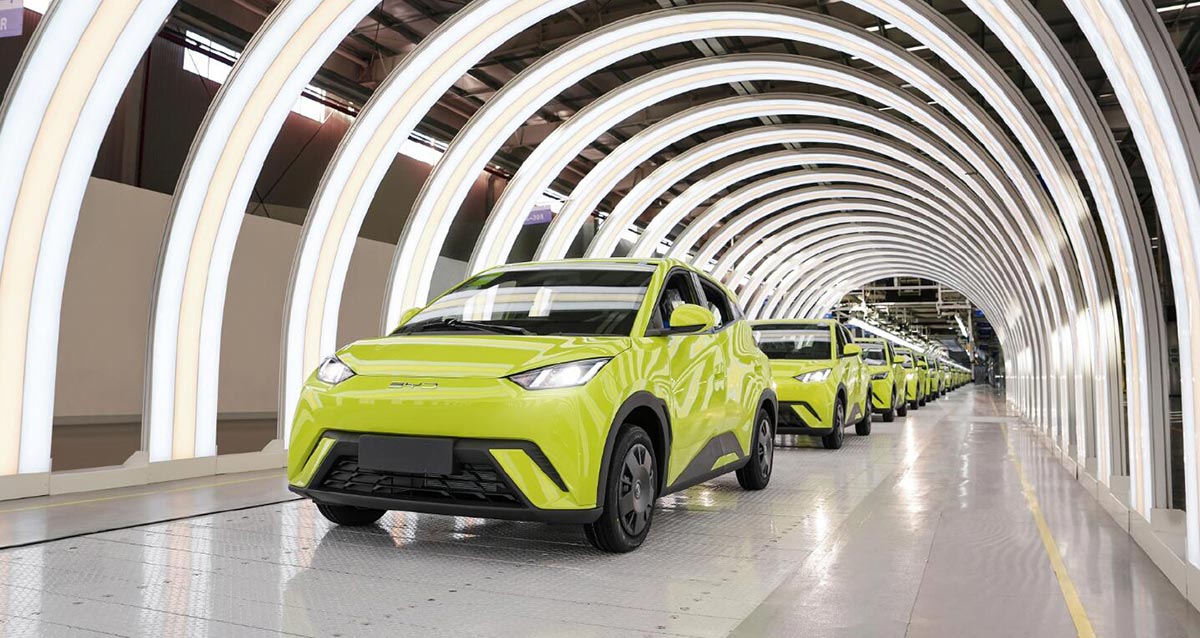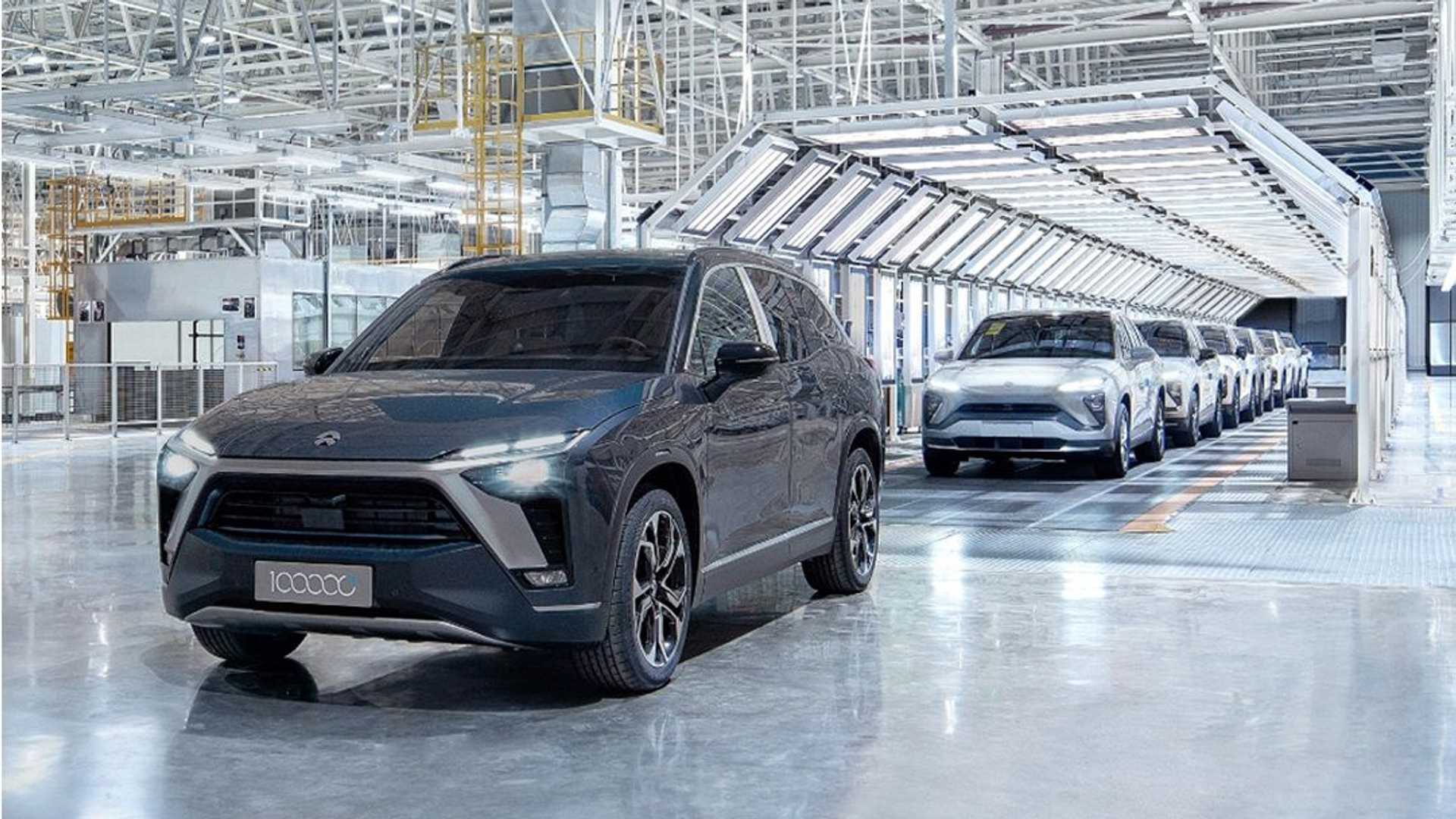Volvo Cars aims to circumvent steep tariffs on its electric vehicles manufactured in China by negotiating an agreement on pricing, the company and the Swedish government announced on Friday, resulting in a boost to the carmaker’s shares. The European Commission has indicated it has garnered sufficient support from EU member states to impose tariffs of up to 45% on imports of Chinese electric vehicles, but discussions with China will continue.
Sweden, home to Volvo Cars, previously stated it would abstain from the vote and expressed hope that a deal could limit the impact of potential tariffs on the company, which is primarily owned by China’s Geely. Following the announcement, shares of Volvo Cars rose by as much as 4% in early trading and were up 3.0% at 0952 GMT.
Volvo’s spokesperson conveyed optimism about the situation, stating, “We have had very positive signals just recently from the Commission that they hopefully could go ahead with individual solutions for the auto industry and for Volvo Cars specifically.” The spokesperson emphasized Sweden’s position, saying, “It is basically Sweden’s line that the best thing would be that China and the EU together can come to an agreement in relation to this problem.”
In the initial non-binding vote on the proposed tariffs in July, Sweden also abstained. A Volvo Cars spokesperson confirmed, “We can confirm that the Commission has offered to continue discussions with all parties that have submitted price undertakings and we remain available to the Commission on their inquiries on the matter.” The company stated it would refrain from further comments at this stage.
Volvo Cars has previously noted that only its EX30 model would be affected by the proposed tariffs. The automaker plans to commence production of the EX30 in Ghent, Belgium, in the first half of 2025. Meanwhile, Geely is facing an 18.8% tariff on its electric vehicles shipped to Europe and expressed disappointment over the European Commission’s tariff plans, cautioning that such measures could hinder economic and trade relations.
In a related development, the European Union has made adjustments to the proposed tariffs for Tesla cars imported from China, following a request from the U.S. electric vehicle manufacturer for a negotiated rate.








